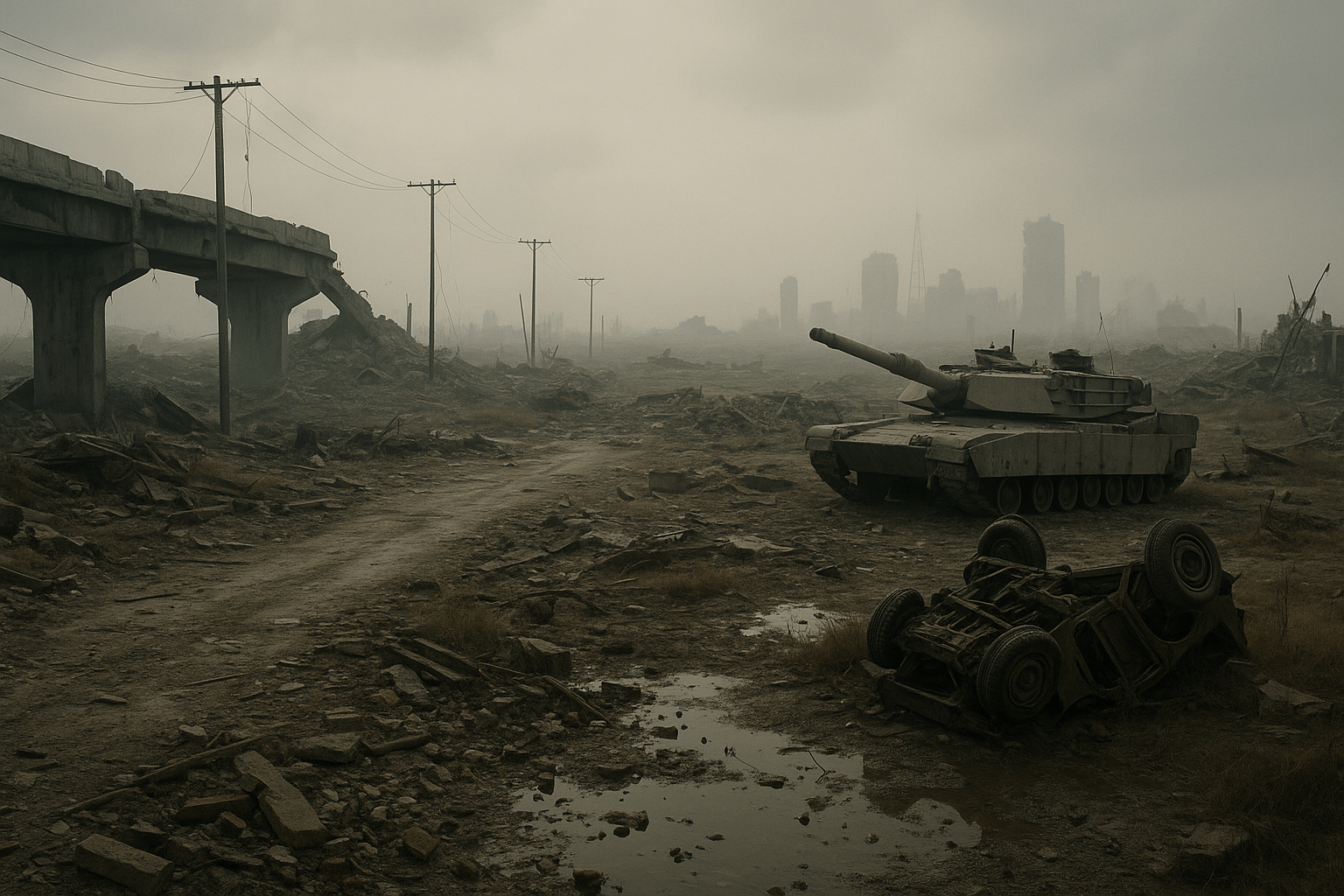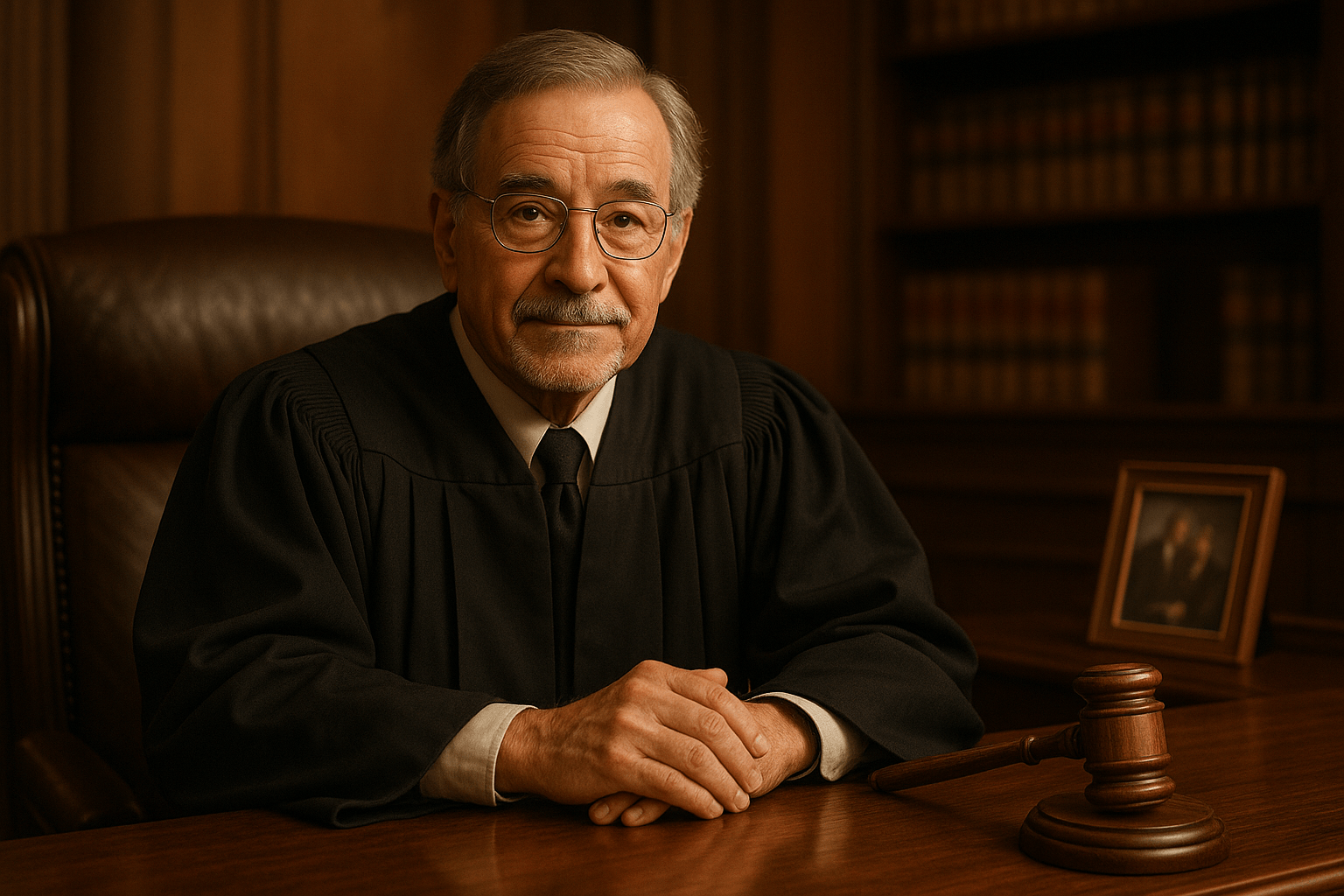Is the War Powers Act Constitutional? Insights from Former Deputy Assistant Attorney General John Yoo
The balance of power in matters of war has always been a point of contention in American constitutional law. The War Powers Act, passed in 1973, was designed to clarify and check the president’s ability to deploy U.S. forces without Congressional approval. But many legal scholars and policymakers still debate: Is the War Powers Act itself constitutional? Recently, former Deputy Assistant Attorney General John Yoo provided valuable commentary on this very issue, which shines new light on the ongoing discussions about executive and legislative authority.
Background: What Is the War Powers Act?
After the Vietnam War, Congress sought to reclaim some of its lost authority over decisions to send American forces into hostilities by enacting the War Powers Act (sometimes called the War Powers Resolution). The law requires the president to notify Congress within 48 hours of deploying troops and limits those deployments to 60 days (with a further 30-day withdrawal period) unless Congress declares war or provides specific authorization.
The idea was simple: to prevent presidents from unilaterally engaging the U.S. in protracted military conflicts without oversight or input from lawmakers. However, since its passage, every president has raised some form of objection, arguing the Act limits powers granted under Article II of the U.S. Constitution.
John Yoo’s Perspective
John Yoo, a law professor and former Deputy Assistant Attorney General, is well known for his expertise in constitutional law and separation of powers. Appearing recently in an interview with Fox News (watch the interview here), Yoo was asked if the War Powers Act is constitutional. His nuanced answer brings clarity to a complex issue that affects both national security and the rule of law.
Yoo contends that the War Powers Act imposes limitations on the President that are not consistent with the Constitution’s allocation of war powers. He points out that while the Constitution gives Congress the authority to declare war and appropriate funding, the President is granted command as the Commander in Chief of the armed forces. According to Yoo, the Act represents a legislative attempt to micromanage military actions—a move that could undermine the president’s executive powers.
Key Arguments: Constitutionality in Question
- Separation of Powers: The Constitution distinctively separates the power to declare war (Congress) from the power to wage war (President as Commander in Chief). Yoo and many others believe that the War Powers Act overreaches by making the President’s military decisions subject to congressional approval beyond what the Constitution allows.
- Historical Precedent: Historically, numerous military deployments and actions have been undertaken by presidents without explicit congressional declarations of war, from Jefferson’s actions in the Barbary Wars to modern-day interventions.
- Practicality and National Security: Some critics argue that the 60-day limit set by the War Powers Act does not reflect the realities of modern warfare, where speed and secrecy can be crucial to save American lives and further national interests.
That said, defenders of the Act argue that it provides a necessary framework for accountability, preventing the executive branch from overreaching its mandate and entangling the country in extended conflicts without clear objectives or lawful authorization.
What Do Legal Experts Say?
Yoo’s views are influential, but far from the only perspective. Many constitutional scholars have written in defense of the War Powers Act, asserting that the framers intended Congress to play a direct role in the most serious decisions—those that involve committing American lives to battle. For more insights on how Congress and the President share war powers, see resources such as the Congressional Research Service Report on War Powers.
An important note: While presidents have repeatedly submitted reports “consistent with” the War Powers Act, they rarely acknowledge that the Act truly binds them, which keeps constitutional questions very much alive.
Why Does It Matter Today?
If you’re wondering why this debate is relevant in 2024, consider current headlines. Conflicts around the globe—from the U.S. response to Russia’s invasion of Ukraine to tensions in the Indo-Pacific—have involved executive military actions without direct congressional declarations of war. Each new conflict reignites the debate over Congress’s vs. the President’s power in war-making.
Understanding where current and former legal officials stand, as well as the constitutional underpinnings of this debate, is crucial to informed discussion about foreign policy, democratic accountability, and the protection of American lives and interests.
Further Reading and Resources
- War Powers Resolution (Congress.gov): The full text of the Act and its legislative history.
- Article II of the U.S. Constitution: Understanding the Commander in Chief clause.
- The Legal and Political Battle Over War Powers (Brookings Institution): A clear analysis of recent conflicts and the application of the Act.
- Lawfare: War Powers: In-depth articles and commentary on the War Powers Act and executive authority.
Conclusion: A Ongoing Debate with Real-World Stakes
The question of whether the War Powers Act is constitutional may never receive a definitive answer—unless the Supreme Court someday addresses it head-on. For now, as John Yoo and other experts remind us, the tug-of-war over war powers remains a vivid example of the tension between security and accountability in American government.
Whether you side with presidential independence or believe in robust Congressional oversight, the implications of this constitutional debate are enormous. They shape not only the outcomes of military engagements but also the foundational principles of American democracy.




